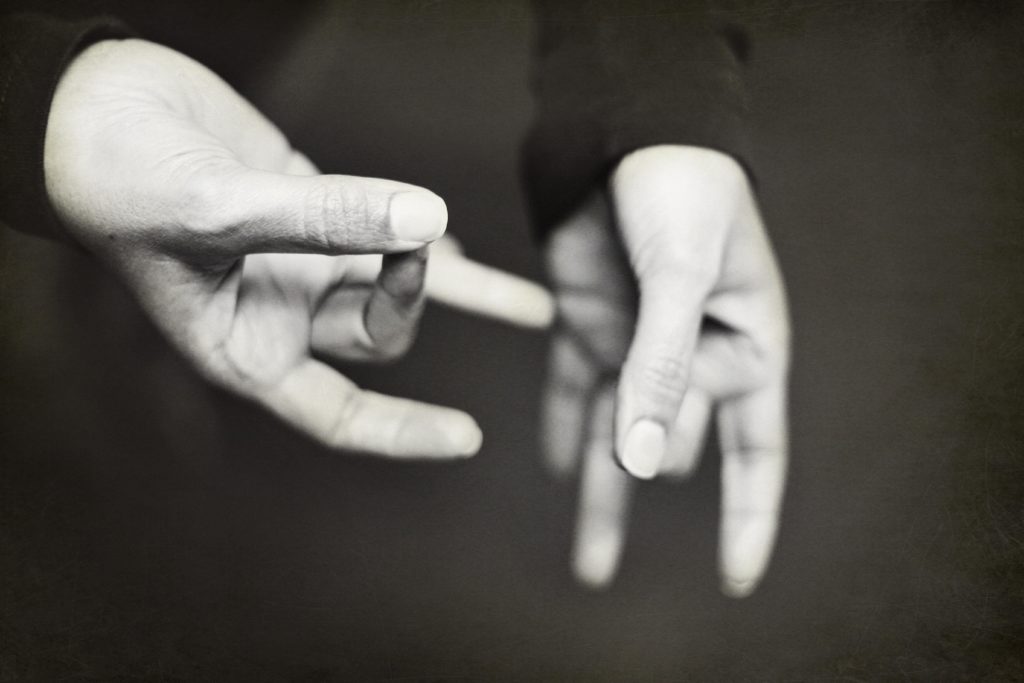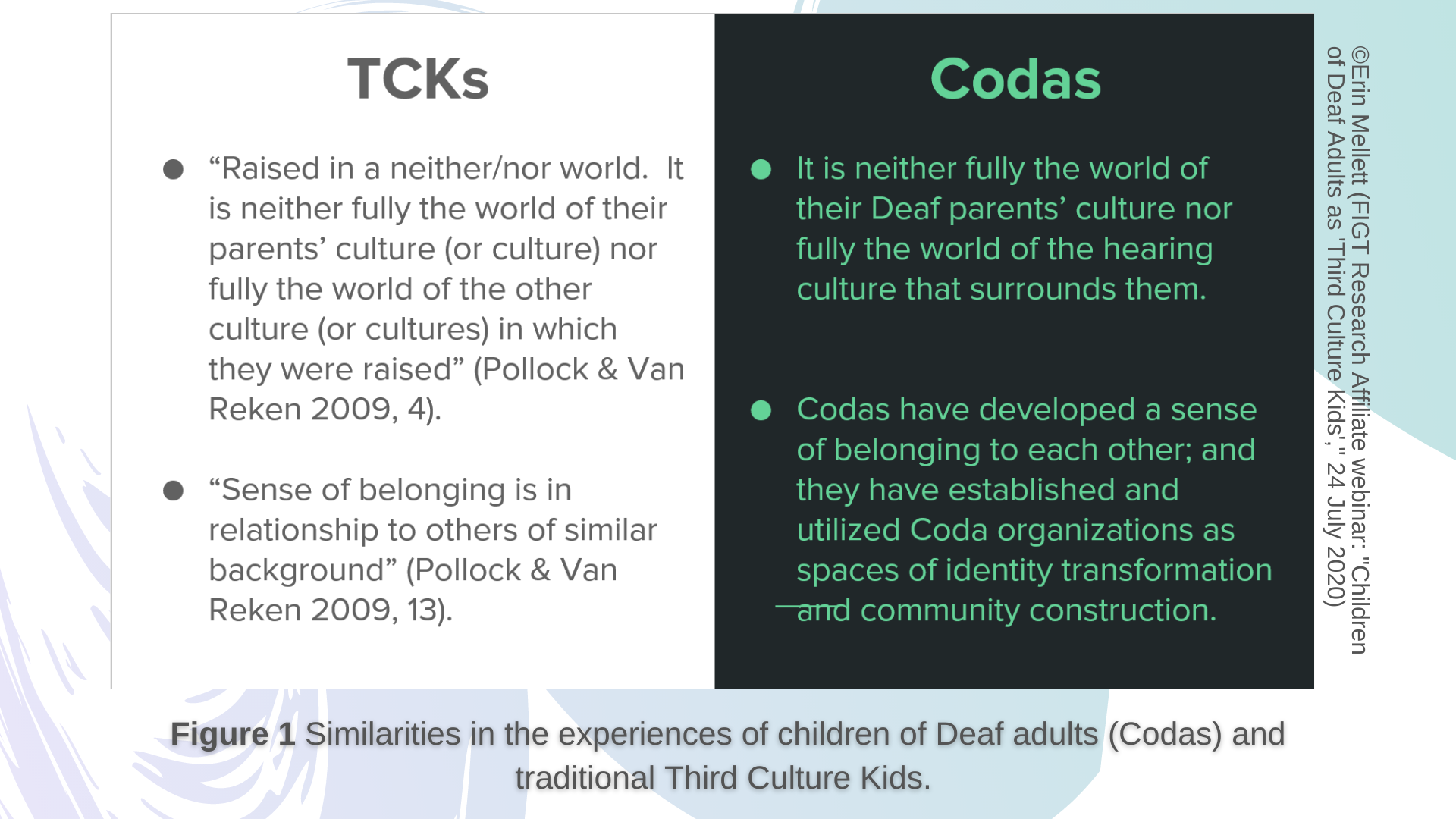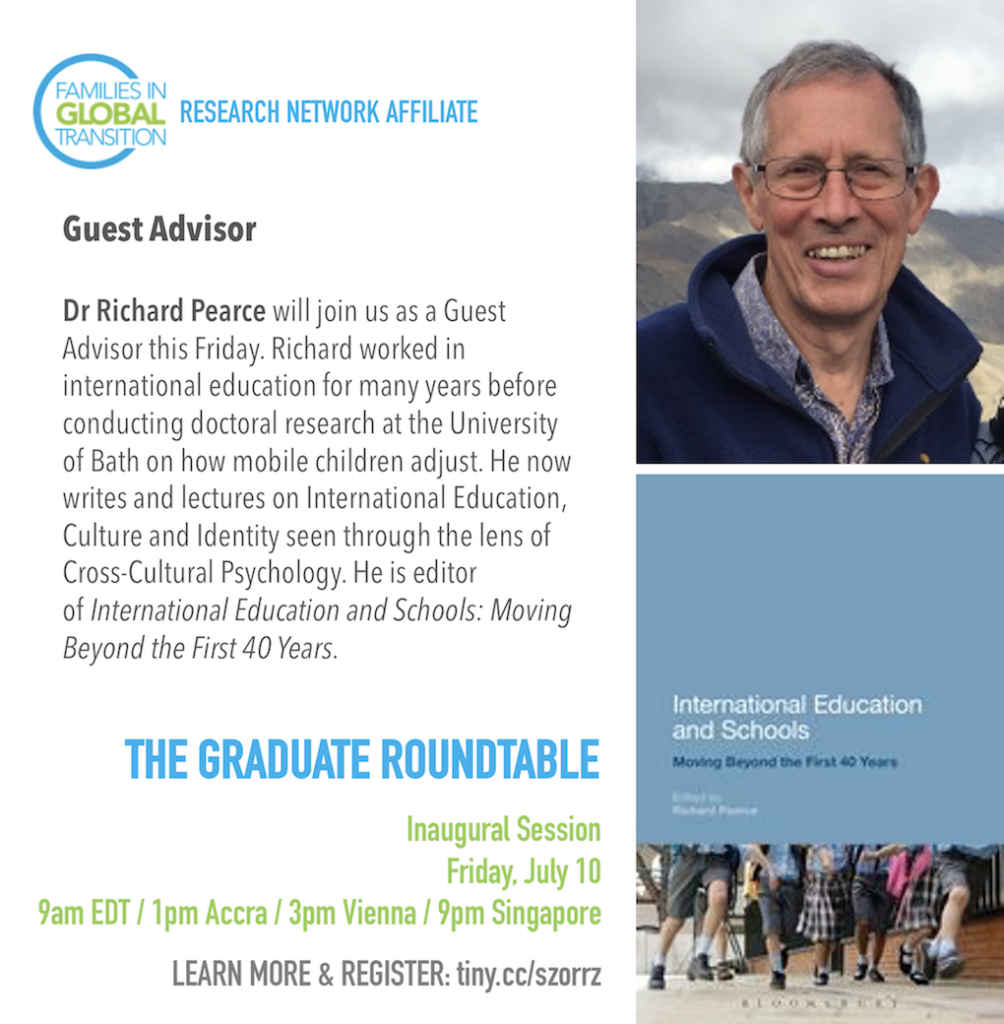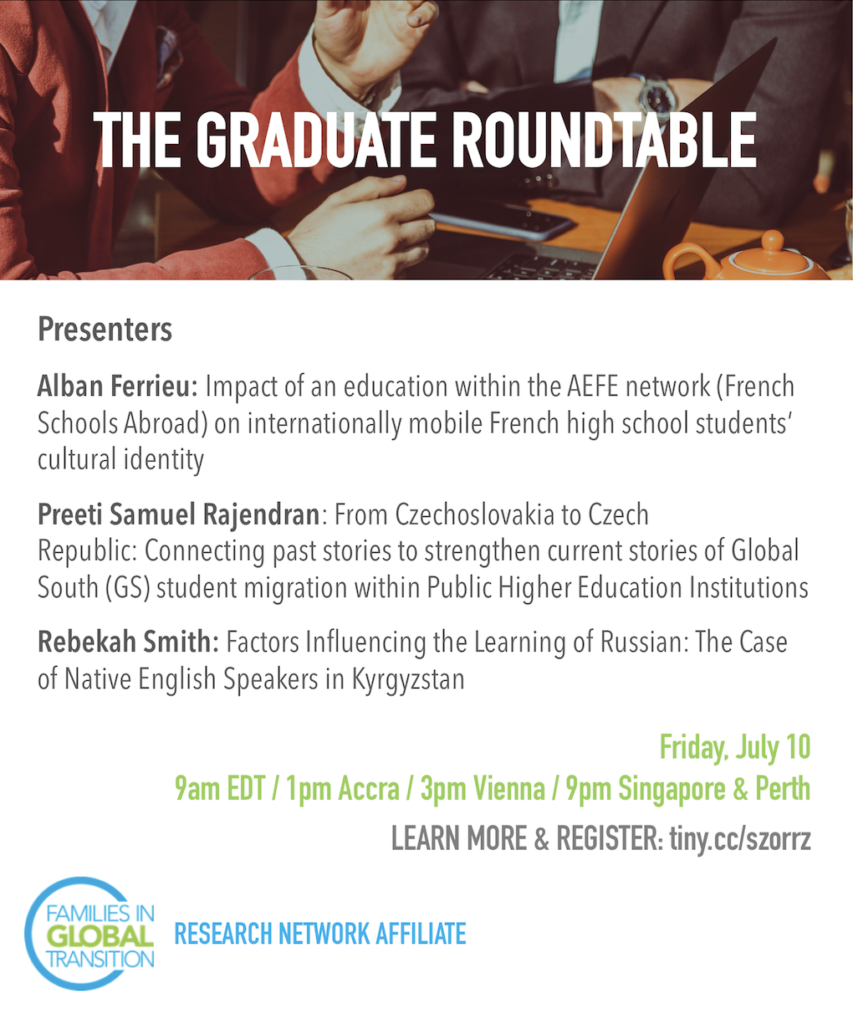UPDATE 3/9/2020: The recording from the webinar is now available online here.
I will be giving a talk about structural racism at international schools as seen through the eyes of Third Culture Kids (TCKs). It’s for a webinar series hosted by the Association of International Educators and Leaders of Color (AIELOC).
International educators are on the frontlines of the international school community’s ‘BLM moment’. So, I am thrilled that I’ll get to share my research with international educators on August 12.
Let me explain what I’ll be talking about.
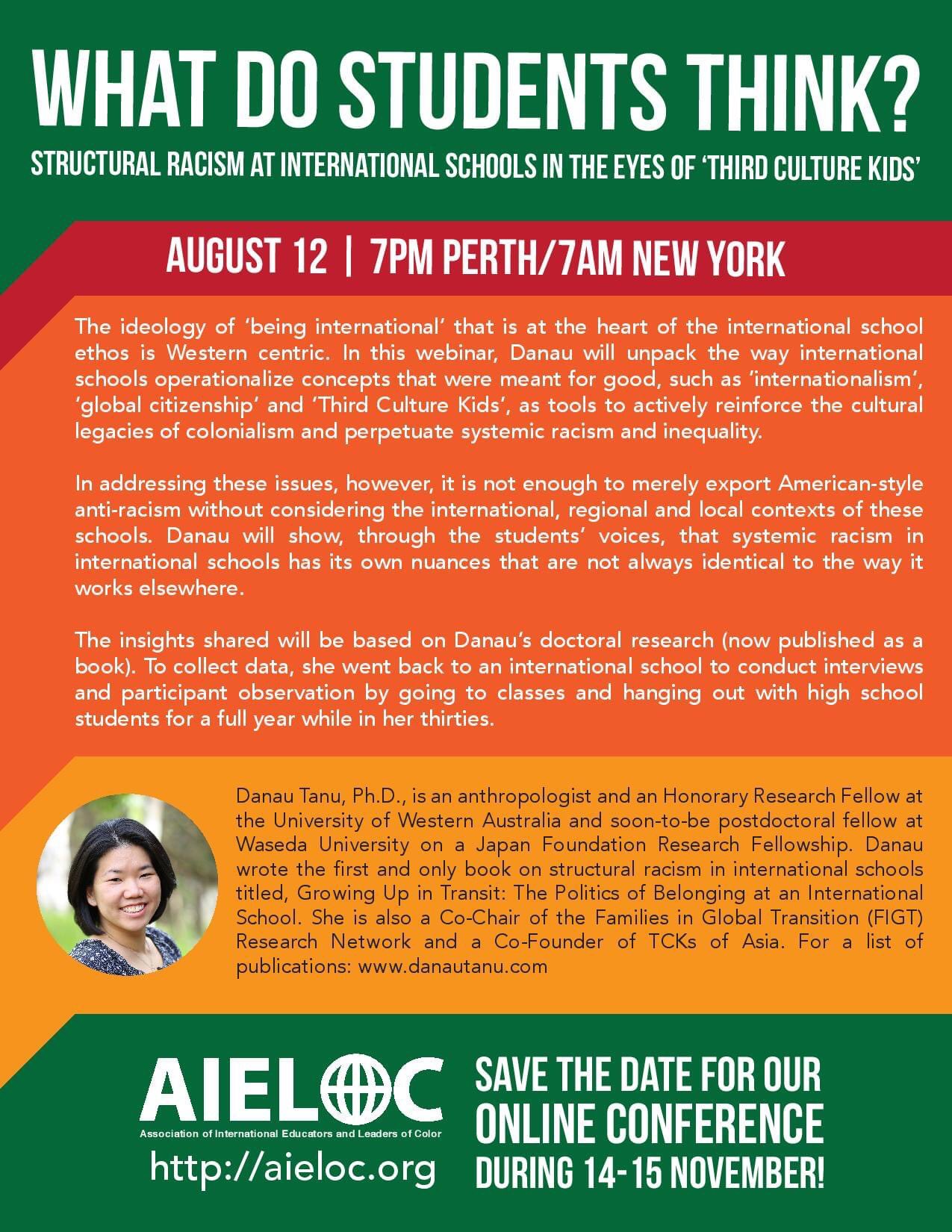
Watch the webinar recording
‘Racist’ parents?
I have been following the discussions that have erupted within the international school communities surrounding the issue of structural racism within the expat and Third Culture Kid worlds. The recurring question that seemingly has no answer is: What do we do about the ‘racist’ parents?
When BIPOC (Black, Indigenous and Persons of Color) teachers criticize an international school’s racist hiring practices, school administrators often shift the blame to the students’ parents.
Sign a petition to Eliminate photos from CVs and ‘Native English speaker only’ language in applications
These administrators say, ‘Parents are the ones who are racist. Parents are the ones who want white teachers.’ They imply that the white school administrators are innocent. They claim that they are merely responding to the racist BIPOC parents who want to use money to purchase ‘whiteness’ for their BIPOC children. They are saying that their hands are tied because if they don’t pander to the racist parents, then there will be no money to keep the school running.
Or so the argument goes. How bloody convenient is that? Too convenient.
But is there a way out of this bind? Yes!
How do we convince parents that structural racism in international schools is bad for their child?
Parents will go to great lengths to ensure that their children get the best that they can afford. They pay exorbitant amounts of money to send their children to international schools because they believe that it will allow their children to acquire the skills and credentials needed to get ahead in an increasingly globalizing world.
Parents believe that international schools with white teachers who speak English with ‘the right accent’ is their children’s ticket to a better, more economically successful life. This is because, thanks to the cultural legacies of the British Empire and European colonialism, the current system of multinational corporations and international organizations is dominated by those who can speak English.

But what if we told parents that putting their child through a racist educational system will negatively affect their child’s self-esteem and confidence? What if we told them that it will cause their children to waste time and energy to resolve their struggles with identity and internalized racism? What if we told them that these issues can stifle their child’s gifts and potential?
Would parents listen then? I believe so.
Where is the research to back it up?
Yet, systemic racism works to sustain itself and resist anything that would try to dismantle it. So, you can expect the school administrators to follow up with this: But how do we convince parents that a racist educational system is bad for their children when there is no research to back this up?
Sign a petition for the Explicit inclusion of anti-racism in international accreditation standards
Actually, there is research to support the call for equity in the international school system. In Growing Up in Transit: The Politics of Belonging at an International School, you can find the voices of international school students who are advocating for themselves. Students who participated in the research talk a plenty about the perils of an educational system that privileges whiteness.
There is also a lot of research that has been conducted in national contexts that are also applicable in international contexts.
What topics will we cover?
Recently, Joel Jr Llaban, an international educator who started a petition for the explicit inclusion of anti-racism in international accreditation standards, said that dismantling systemic racism within the international school system is a ‘child-protection issue’.
In the upcoming webinar hosted by AIELOC, I will offer listeners the research evidence needed to convince school administrators and parents that anti-racism is good for their students and children.
I will cover the following topics:
- How do we make these uncomfortable conversations more comfortable?
- How do students who do not come from non-English-speaking backgrounds and/or are not white experience the international school system?
- How do school administrators, teachers, and the curriculum sustain systemic racism in international schools?
- How do we convince parents that change is important?
When?
August 12, 2020 at 7am New York (EST) / 7pm Perth.
Join us for the conversation!
UPDATE 3/9/2020: You can now watch The recording below
Learn more about Growing Up in Transit
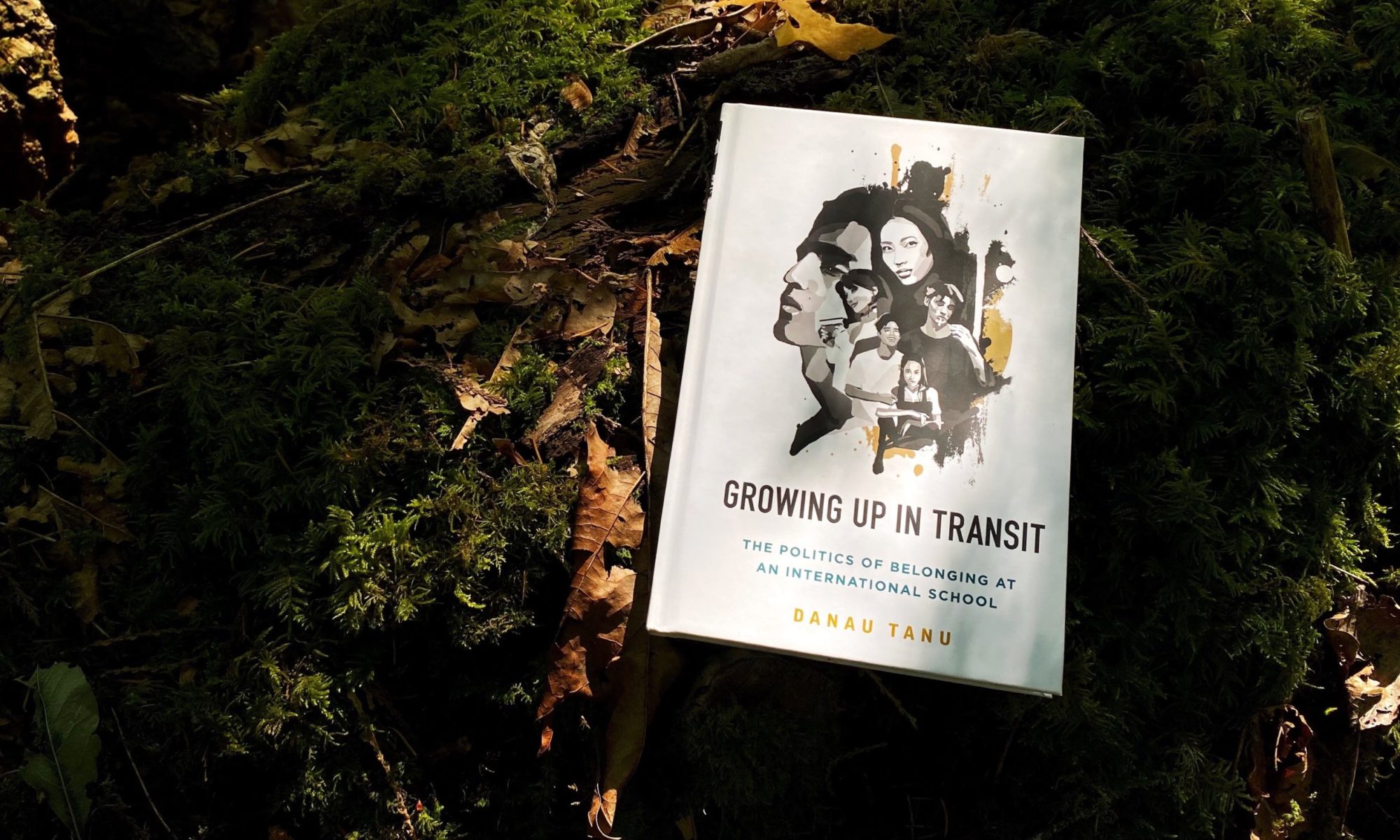
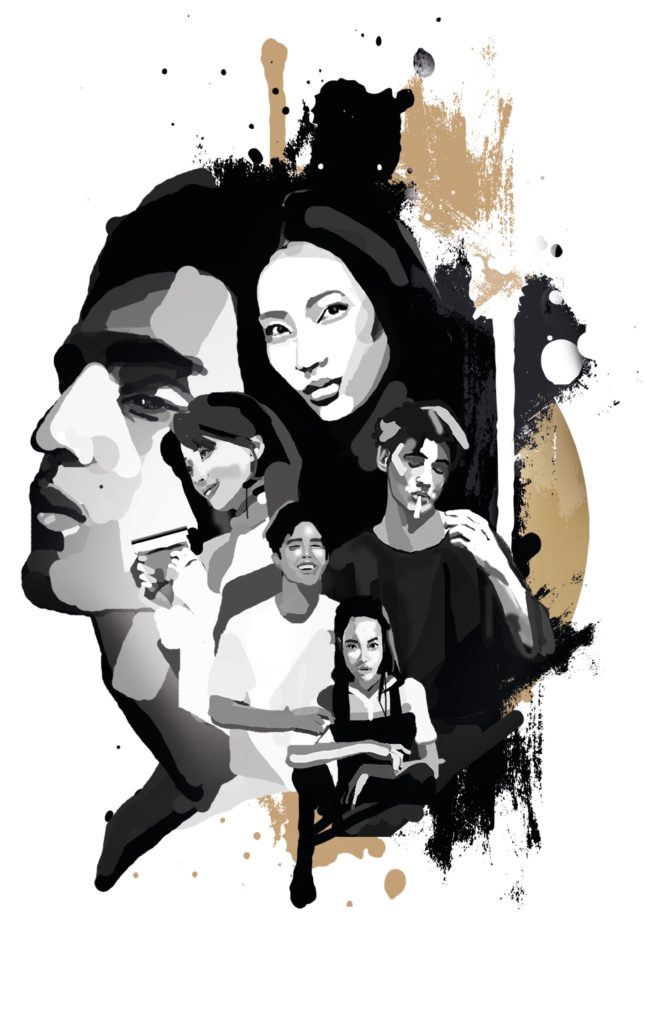
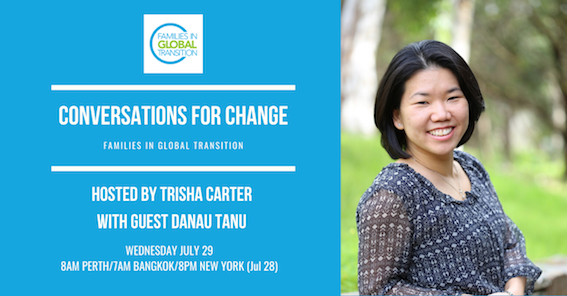
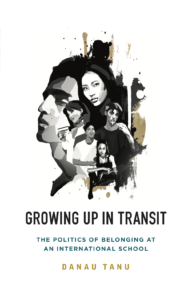
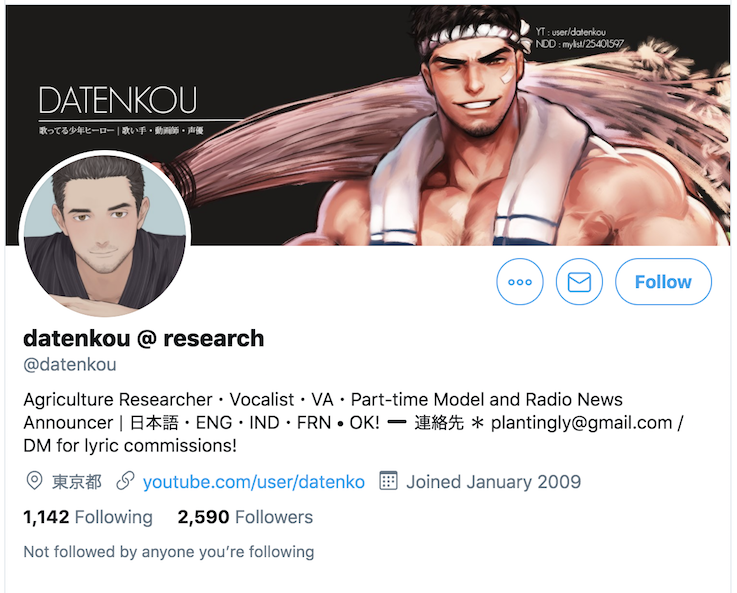
.png)
